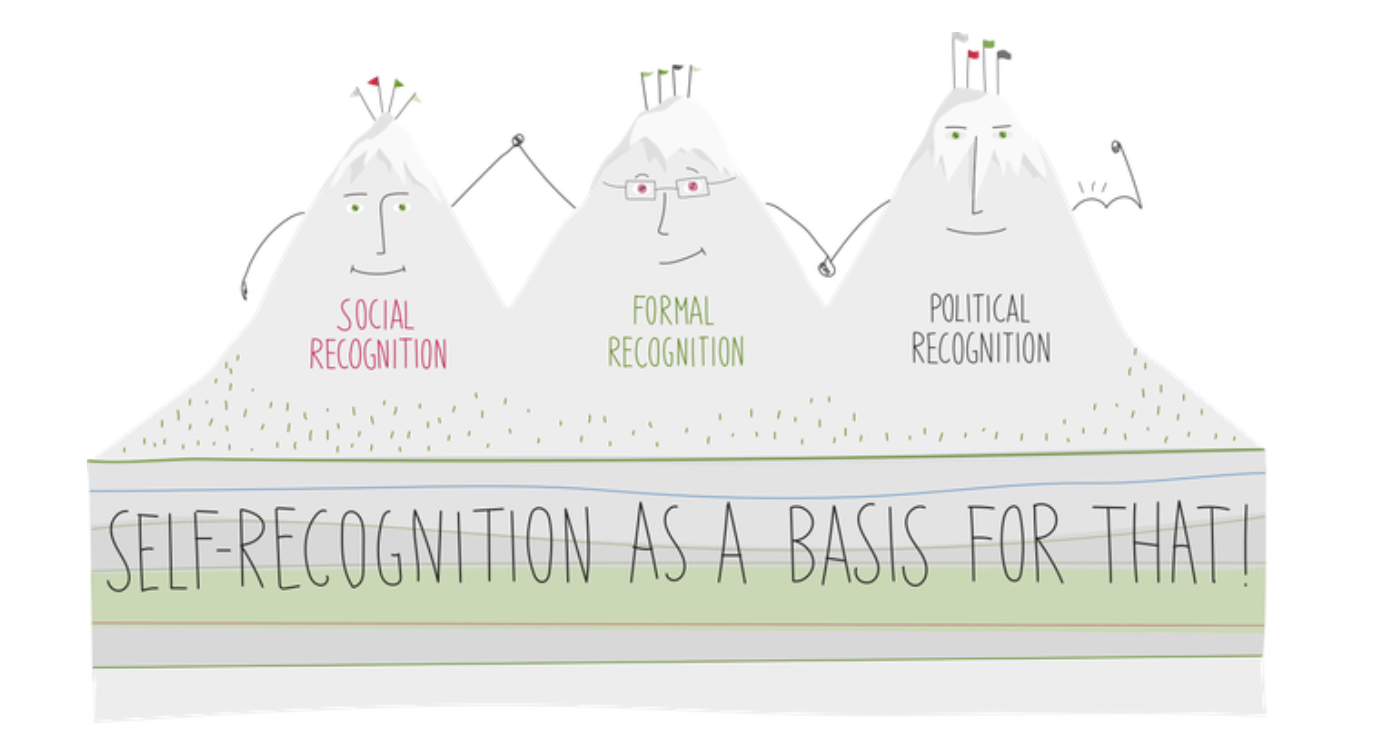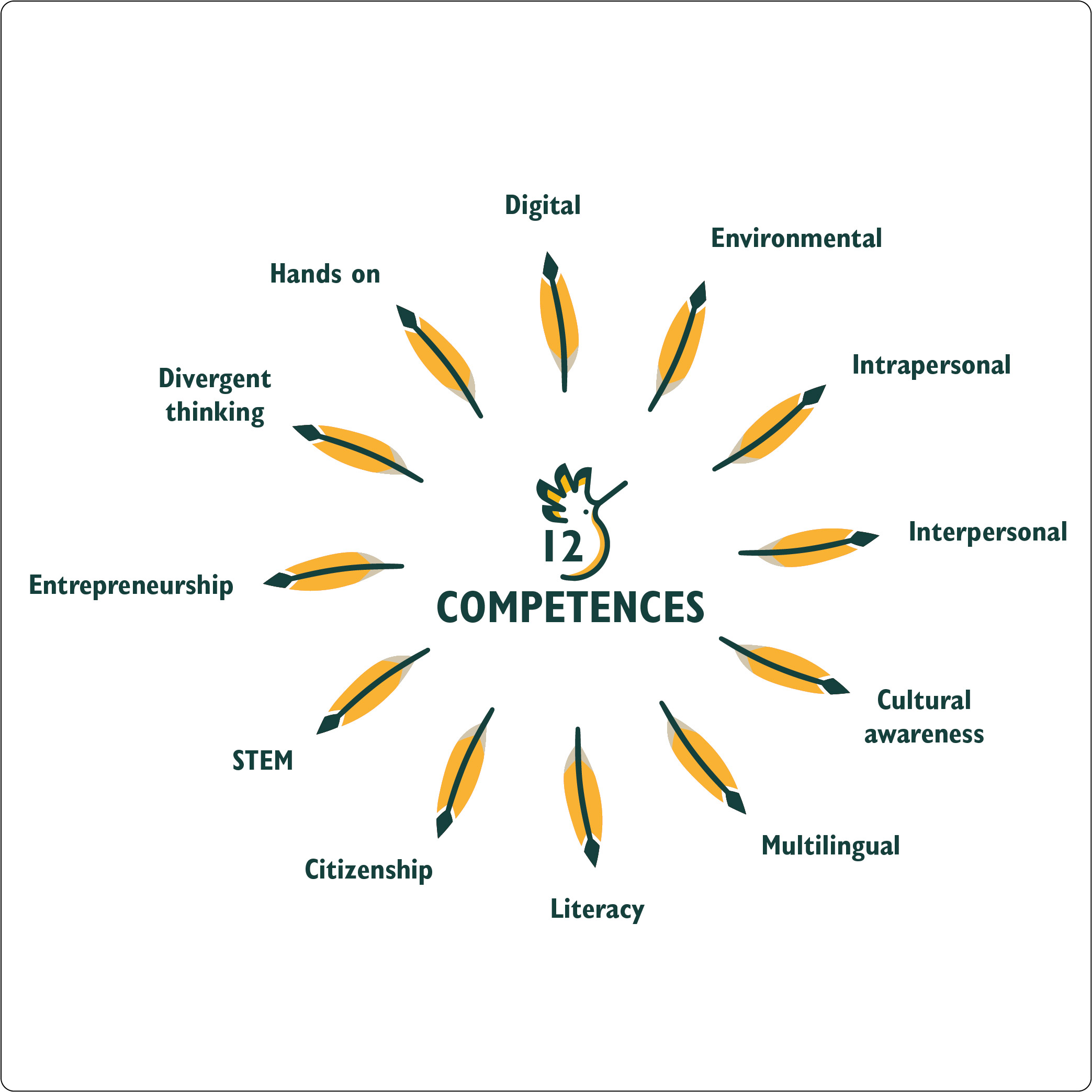Author:
Knut Wimberger
Short summary:
The UN celebrates on July 15th every year the World Youth Skills Day. One might ask: why? Do youth skills have a similar importance as e.g. the eradication of poverty? This short article argues that youth skills are the very foundation for the eradication for almost all miseries our world suffers from.


Confucius, the grand master of social cohesion and development, is attributed with the quote: “If your plan is for 1 year, plant rice. If your plan is for 10 years, plant trees. If your plan is for 100 years, educate children.” In other words: long term objectives require the transformation of the human being.
We live in a world which is exposed to exponential technological transformation, but paralyzed schools and national educational bodies continue to educate citizens of the 19th century despite the pressing need of learning skills and competences which make us fit to survive the 21st century. The difference between teaching and learning has never been so obvious: learning satisfies a human instinct, while teaching conforms to institutional requirements.
The growing conflict between what is taught by institutions and what is needed in the real world makes the recognition of informal learning experiences increasingly important. There are several connected social phenomena which underline the need for a paradigm shift towards informal learning. We outline here a few of them without any requirement of completeness or academic methodology.
Inflation of University Credentials
The inflation of university credentials, i.e. a phenomenon which makes even graduation certificates from ivy league universities relatively worthless, because more and more individuals get access to them. While a university degree still induced secure employment in the 1980s (in the Western world), it does nowadays often mean unemployment. Many national education systems have tried to counteract this inflation and lack of employability with universities of applied sciences which offer a more practical curriculum with corporate internships as integral part thereof.
Exponential Transformation of Labor Markets
The exponential transformation of labor markets through new technologies renders many skills and competences which we acquire in traditional curricula obsolete. Increasing automation and computerization, in particular the recent development in AI research and application has initiated a collapse of our labor markets, in particular in the tertiary sector which now accounts for more than 80 percent of jobs in advanced economies. In a few years from now, we will live in societies with small service industries and remaining jobs in the secondary sector will require much retraining and constant re-qualification to manage exponential technological change.

Delayed Start of Paid Work
While most children had no access to formal education and entered the labor market at age 4 at the beginning of the industrial revolution, it is nowadays normal in advanced economies that youth spends 12 years in school and another 5-6 years in university. Entering the labor market at age 25 or 30 is no exception anymore if scholarships or funding from parents allow such a long education term. Moreover, many university graduates need to take several unpaid internships after graduation until they get a paid job with full social benefits – even if they aim to enter the labor market early on.
Meaningful Occupation
More time in education or training paradoxically quite often means that youth loses purpose and meaning. Abstract curricula, which train for academic careers, theoretical studies which are detached from the needs of the real world, contribute to an experience of disconnectedness and meaninglessness. Long formal trainings which rather conform to the mechanistic expectations of national economies than to the organic needs of individual human beings are a major cause for procrastination, lacking study progress, mental health issues and even substance abuse. Neurologist Viktor Frankl summarized this observation as such: Even more people today have the means to live but no meaning to live for.

Formal Education and Power Structures
Education for all was in the age of enlightenment an offering parts of the ruling class made to the rest of society in order to achieve an overall better society. Philosophers such as John Locke proposed the idea that knowledge is obtained through sensation and reflection. This proposition led to Locke's theory that everyone has the same capacity of sensation, and, therefore, education should not be restricted to a certain class or gender. Prior to the 17th and 18th centuries, education and literacy were generally restricted to males who belonged to the nobility and the mercantile and professional classes.
The aspirations of the enlightenment era were however never fully implemented, and education remained a mechanism for the ruling class to regulate the access to wealth and power. The need of nation states to prosper economically and defend its interests geostrategically defined since the beginning of the industrial revolution national curricula and put a focus on the acquisition of STEM competences. The triangle of science, technology and power has become the dominating theme for formal education.
With the transformation of nation states into supranational entities like the EU and the world globalizing into a single ecosystem which we need to protect, informal competences like empathy and ecological awareness acquire a cutting edge over what has been considered formal education during the last 200 years. While formal education systems are slow to adapt to this transformation or reject it openly because it does not serve the power interests of the ruling class, it is paramount to maintain the premises of the enlightenment era: everyone has the same capacity of sensation, and, therefore, education should not be restricted to a certain class or gender.
Self-recognition as door to universal recognition

The mechanistic acquisition of formal degrees for the sake of academic titles must be made obsolete. It is crucial that youth recognizes the intrinsic value of informal experiences – short or long term. Self-recognition is the very first step which ultimately leads to universal recognition.
We have developed as an extension of the European Youthpass a method which helps youth to evaluate and appreciate informal learning experiences. Youthpass 2.0 applies scaling questions to 12 categories of competences which can be acquired during learning experiences. Join our activities and learn to assess your informal learning progress in a trusted manner.






